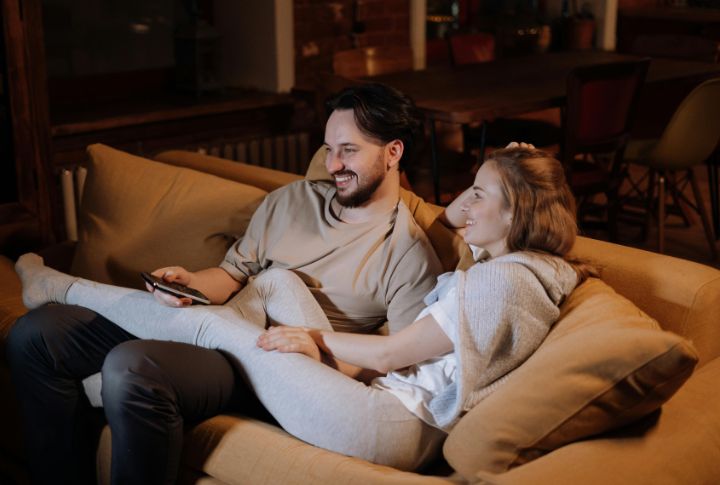
Love looks different now—quieter, slower, more mindful. The grand gestures and dramatic chases have given way to a softer rhythm built on calm connection. It’s not about proving devotion but feeling understood. What’s replacing fireworks is something steadier, and it’s changing how people define romance today. Keep reading to see how love found new balance in simplicity.
Casual Check-Ins Replace Grand Gestures

Grand gestures once ruled romance; now, quiet consistency wins hearts. Soft love leans toward everyday check-ins instead of surprise dates or extravagant gifts. Many feel those smaller moments strengthen connection, though others say the spark of old-school passion fades when love feels this familiar.
Shared Comfort Activities Replace Formal Courtship

The big night out has lost its crown to cozy nights in. Modern couples build closeness through shared routines like cooking or watching shows together. Comfort feels real and grounding, though critics argue it steals the anticipation that made early dating feel electric.
Digital Affection Replaces Physical Tokens

Affection now flashes through screens—emojis, playlists, and late-night messages. The handwritten letter and bouquet feel vintage next to instant connection. People still debate which means more: something you can hold in your hands or a quick digital gesture that vanishes in a scroll.
Equalized Emotional Labor Replaces Chivalry

Gone are the days when one partner carried the emotional load. Soft love works best when both show up equally and lead together. That shift feels fair to many, though others long for the clear roles that made old romance so defined.
Flexible Commitment Replaces Fixed Milestones

The timeline of love has loosened its grip. Couples no longer measure commitment by rings or anniversaries; they let it evolve naturally. That openness gives relationships room to grow, though it also leaves some partners uncertain about where stability truly begins.
Gentle Boundaries Replace Passionate Pursuit

Once, love meant chasing hard and proving devotion. Now, it leans toward mutual respect and space that allows both people to breathe. Advocates call it healthier and more grounded; critics insist it loses the wild rush that once made romance unforgettable.
Mutual Self-Care Replaces Sacrificial Devotion

The image of giving up everything for love feels outdated now. Soft love celebrates two people who protect their own peace as much as each other’s. Many view that balance as the key to happier, longer relationships—where devotion grows through support, not self-sacrifice.
Slow-Burn Connection Replaces Instant Chemistry

Fast sparks once defined romance, yet many now find meaning in the gradual build. These days love grows layer by layer, creating depth that lasts beyond the first rush. Instant attraction might dazzle, but a slow-burn connection often holds the warmth that endures.
Everyday Humor Replaces Poetic Romance

Playful teasing has taken the place of sonnets and grand confessions. Couples now bond through laughter that brightens ordinary days. For some, that easy humor keeps connection alive far better than dramatic gestures ever did—love feels lighter, realer, and easier to share.
Emotional Transparency Replaces Romantic Mystery

The age of love letters and secrets has shifted into open conversation. Now, everyone speaks their feelings plainly, choosing honesty over intrigue. Mystery once kept romance thrilling, yet openness builds a closeness that feels safer and far more genuine in the long run.

